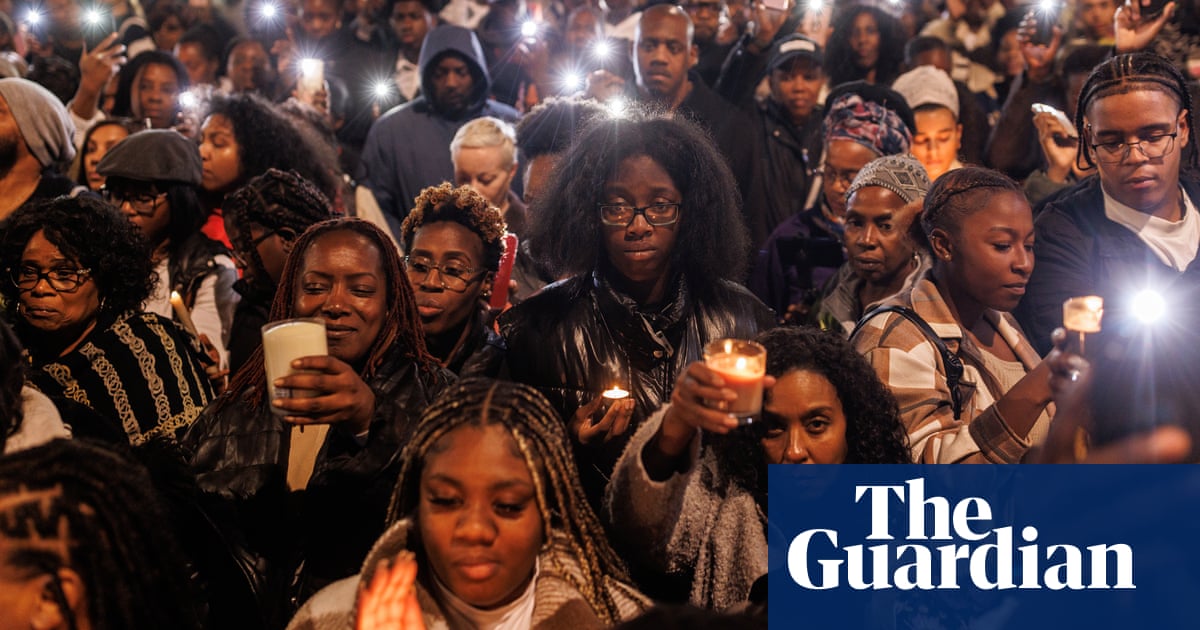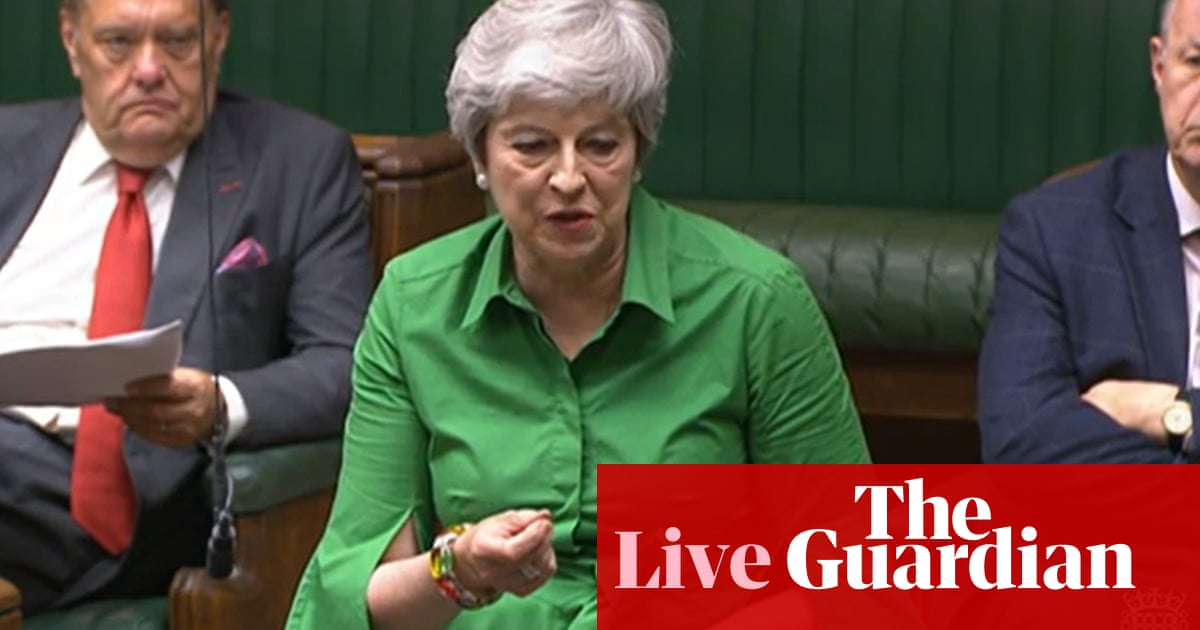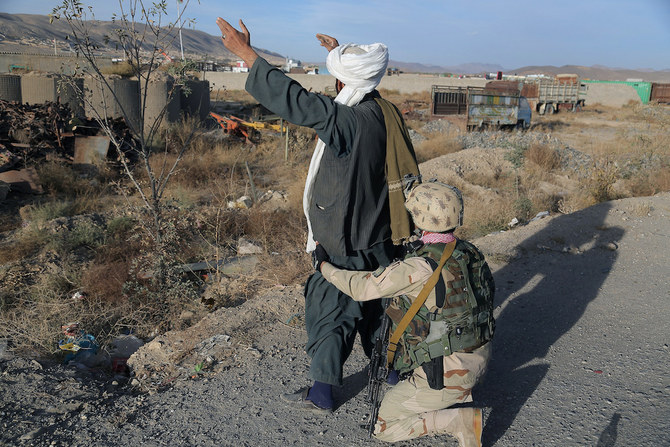
Hundreds gather at Holyrood after Scottish government loses independence referendum case
Hundreds of people are gathered by Holyrood and the Scottish parliament following the supreme court’s result earlier today, writes Rachael Revesz.
The rally in Edinburgh is one of around 15 across the country and six in Europe, from Rome to Munich and Paris.
Before the speeches begin, groups of bagpipers warm up their instruments, occasionally stopping for a brief cigarette break.
The Proclaimers blasts from a stereo by the stage. Scottish flags, yes signs and placards strung with lights are being waved against the darkening sky.
A small but lively counter-protest is taking place across the road from unionists, the occasional driver yelling “Tory scum!” in their direction.
It’s one of the coldest nights of the year so far yet that’s not stopping many people from protesting this evening, some of whom have not campaigned since 2014.
One of them is retiree Jim Brack, who said the movement of late had “perhaps become a bit complacent”. But he says the result today has been a “win-win” and has revitalised independence supporters.
“It [the supreme court] has highlighted we don’t have free will,” he said.
A summary of today"s developments
Nicola Sturgeon has committed to running the next general election as a “de facto referendum” on Scottish independence after the UK supreme court ruled unanimously that her government could not legislate for another vote without Westminster approval.
Hundreds of people gathered by Holyrood and the Scottish parliament following the supreme court’s result earlier today. The rally in Edinburgh was one of around 15 across the country and six in Europe, from Rome to Munich and Paris.
Jeremy Hunt, the chancellor, confirmed that universal energy support would not be extended past spring 2024 even if bills remain very high. But he said people could save £500 a year if they reduced their annual energy use by 15%, in line with a national target.
Jeremy Hunt, the chancellor has asked Treasury officials to look at how much could be raised by closing the non-dom tax loophole. Hunt questioned claims that this would raise £3bn.
The privileges committee inquiry into whether Boris Johnson misled the Commons may be delayed until January, after No 10 finally handed over a cache of evidence relating to Partygate four months after it was requested,
Rishi Sunak has appointed a top employment barrister, Adam Tolley KC, to investigate formal complaints into his deputy prime minister, Dominic Raab, who has been accused by multiple civil servants of bullying behaviour across several government departments.
Boris Johnson’s claim that Germany wanted Ukraine to quickly “fold” after Russia’s invasion has been dismissed as “utter nonsense” by German government spokesman Steffen Hebestreit.
Transport secretary Mark Harper said the rules for carrying liquids in hand luggage are being kept “under review”.
It comes after The Times reported that the rules at airport security, including limits on liquids, are set to be axed in 2024.
The paper said rules which mean passengers must remove laptops from hand luggage, and can only take aboard liquids under 100ml, will go within two years.
Harper told Sky News it was “off the back of some commentary from one of the bosses from an airport”.
He added: “And I am afraid you’ll know our usual practice on security matters is we don’t comment on security matters. I think that is quite important.
“And I am now responsible for setting the security regime for our aviation sector.
“So if there are any changes coming, we will set those out for people in due course.
“But at the moment the regime is as it is with the strict limits on the liquids people can take on planes.”
Rishi Sunak was warned by former Cabinet minister Simon Clarke that failing to build new homes is an existential threat for the Conservatives after rebels forced him to delay planning reforms.
Sunak suffered a blow to his authority on Tuesday when the Government put off a vote expected on Monday after nearly 50 of his MPs signed an amendment.
The proposed changes to the flagship Levelling Up Bill would ban councils from taking centrally set housebuilding targets into account when deciding on planning applications.
Clarke told LBC the amendment risks “kiboshing” housebuilding efforts.
“We’re roughly at a position now where we build about a quarter of a million new homes a year against our target of 300,000,” he said.
“The risk is that this amendment, which is well intentioned I’m sure, and reflects the honest pressures which exist in certain parts of the country around new homes, risks absolutely kiboshing that.
“We’ve got independent estimates that it could kill up to 100,000 of those new starts... take us back down to 140,000 odd per year.
“That will be a disaster economically, it will be wrong socially, because young people won’t be able to afford new homes.”
The 2019 Tory manifesto set a target of building 300,000 homes a year by the mid-2020s.
Sunak’s official spokesman said: “That commitment remains. When it comes to housing, we want to build more homes in the right places, we are committed to that goal, which is by the mid-2020s.
“We recognise that coming out of the pandemic that is a more challenging situation but we remain committed to that.”
The government has made a U-turn on plans to introduce sweeping powers that would allow ministers to override regulators, including the Bank of England, after multiple warnings that such a move would harm the UK’s global reputation.
The Treasury confirmed on Wednesday evening that it would “not proceed with the intervention power at this time”, noting that the government was “committed” to the independence of City watchdogs, which include the Financial Conduct Authority.
The powers would have given the government the ability to make, amend or revoke rules on matters that ministers deemed to be of “significant public interest”.
Opposition MPs and senior officials, including from the Bank of England, warned that the move would threaten the independence, and international reputation, of the UK and its regulators.
The concern became more poignant after the government’s mini-budget, which shook the confidence of international investors and sent the pound and UK government bonds to record lows.
During the rally in Westminster, SNP MP Tommy Sheppard told the crowd they were protesting to “assert and defend” their right to self-determination “and to say we will not submit, we will not give up, we will not give up our campaign for our independence”.
“The right to choose, the need to choose has never been more essential,” he said.
“You only have to look at what is happening in the United Kingdom at the moment - a government of spivs and millionaires that are recklessly engaged in a right-wing economic experiment that has brought misery and reduced the living standards of millions of ordinary people.”
The MP for Edinburgh East, who is also the party’s spokesman on constitutional affairs, described the court verdict as a “set back” but told protesters they should not be disheartened.
“We know now what we need to do. If the British state will not allow a democratic event such as a referendum to be able to express the will of the people, then we will find other means to allow the people to have their voice,” he said.
The UK government’s approach to Shamima Begum has been “fundamentally misguided”, according to MI6’s former director of counter-terrorism.
Richard Barrett, also a former coordinator of the United Nations’ al-Qaida and Taliban monitoring team, said depriving the then 19-year-old of her British citizenship in 2019 “undermines” the UK’s role in international counter-terrorism.
Barrett and Paul Jordan, the head of responding to violent extremism at the European Institute of Peace, made the comments in a written opinion produced as part of Begum’s appeal against the Home Office’s decision at the request of her lawyers.
In the document provided to the Special Immigration Appeals Commission (SIAC), the two experts said there was probably a higher national security risk caused by refusing to bring people back from Syrian camps.
They said: “From a national security perspective, refusing to repatriate individuals who now find themselves in camps in Syria is likely to be significantly more dangerous in the medium to long term than repatriating them and subjecting them to prosecution, rehabilitation and reintegration.”
The experts said the UK’s approach was in “marked contrast” to that of other European countries and the US, which was said to be “particularly concerned about and critical of” the UK’s methods.
In written submissions, Sir James Eadie KC, for the Home Office, said there was “no ‘credible suspicion’ that she was a victim of trafficking or was at real and immediate risk of being trafficked prior to her travel from the UK”.
He said the then home secretary, Sajid Javid, took into account Begum’s age, how she travelled to Syria – including likely online radicalisation – and her activity in Syria when making the decision to remove her British citizenship.
He added that the security services “continue to assess that Begum poses a risk to national security”.
The South African president, Cyril Ramaphosa, said he wanted to “deepen and broaden” links with the UK as he met Rishi Sunak for talks in No 10.
The president was in Downing Street as part of his state visit to the UK, the first by a foreign dignitary in the reign of King Charles.
Ramaphosa said he wanted to discuss trade and investment as well as the transition to a zero-carbon economy.
“For us this is a great opportunity to deepen and broaden our links, links that are historic in many, many ways,” the president said.
The state visit was marked by the UK and South Africa signing an agreement to strengthen their health partnership to help prevent future pandemics.
As part of the agreement, British and South African institutions will collaborate on nine research projects on issues including health systems, mental health, surgery and HIV, according to the Foreign, Commonwealth and Development Office (FCDO).
The two countries are also working together to tackle climate change, with the UK contributing funding to the Just Energy Transition Partnership with South Africa to help it decarbonise its economy.
The “voice of the Scottish people” will not be silenced, Nicola Sturgeon has told independence supporters after the UK’s highest court ruled that Holyrood could not legislate for a referendum.
During a rally outside the Scottish parliament on Wednesday, the first minister said the UK was “not a voluntary partnership of nations”.
“Any partnership in any walk of life that requires one party to seek the consent of another to choose its own future is not voluntary – it is not a partnership at all,” she said.
“And while today’s ruling may create temporary relief on the part of unionist politicians and parties, they should know the hardest questions that have been posed today are questions for them.”
Sturgeon added: “The Westminster establishment may think they can block a referendum, but let me be clear... no establishment, Westminster or otherwise, will ever silence the voice of the Scottish people.”
The SNP leader said that “our job as Scotland’s peaceful, civic, inclusive, internationalist independence movement is the same today as it was yesterday”.
She ended her speech by telling the hundreds gathered outside Holyrood: “Let’s get to it, my friends, let’s win our independence and build the Scotland we know is possible.”
Jeremy Hunt has repeatedly refused to deny that the Treasury briefed a newspaper that the government was considering a closer, Swiss-style, relationship with the EU, while insisting that this had never been the government’s plan.
In sometimes confusing exchanges before the Commons Treasury committee, the chancellor said the UK could never, like Switzerland, be in a position to accept EU regulations, or give way on other areas such as freedom of movement.
However, Hunt did cite the Swiss border with the EU as a possible model for future UK arrangements with the bloc in terms of using technology to make trade easier.
At the start of Hunt’s first appearance before the committee, Harriett Baldwin, the Tory MP who now chairs it, asked him if the Treasury was the source for a Sunday Times story last weekend that said “senior government figures” were considering a Swiss-type approach.
The former Scottish Tory leader Ruth Davidson said there was “no democratic mandate” for the SNP to demand another referendum.
She claimed there were “lots of people” who believed Nicola Sturgeon’s party “haven’t held up their end of the bargain” by respecting the previous independence vote.
“If the result had gone the other way in 2014, if 55% of Scots had said they wanted to leave the United Kingdom and only 45% said they wanted to stay rather than the other way about, then we would have left already,” she told BBC Radio 4’s PM programme.
“But they didn’t. A majority of Scots said that they wanted to stay. So there’s no democratic mandate here for the SNP. There is no suggestion that they were denied, they just lost.”
Davidson added it would be “hubris on a pretty grand scale” for Sturgeon to claim she gets to decide what the next general election is fought on.












